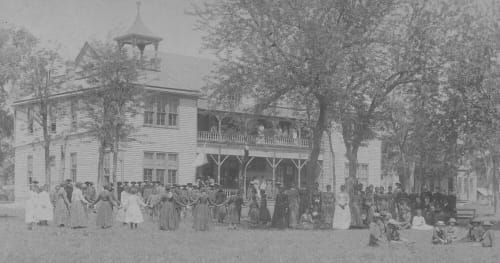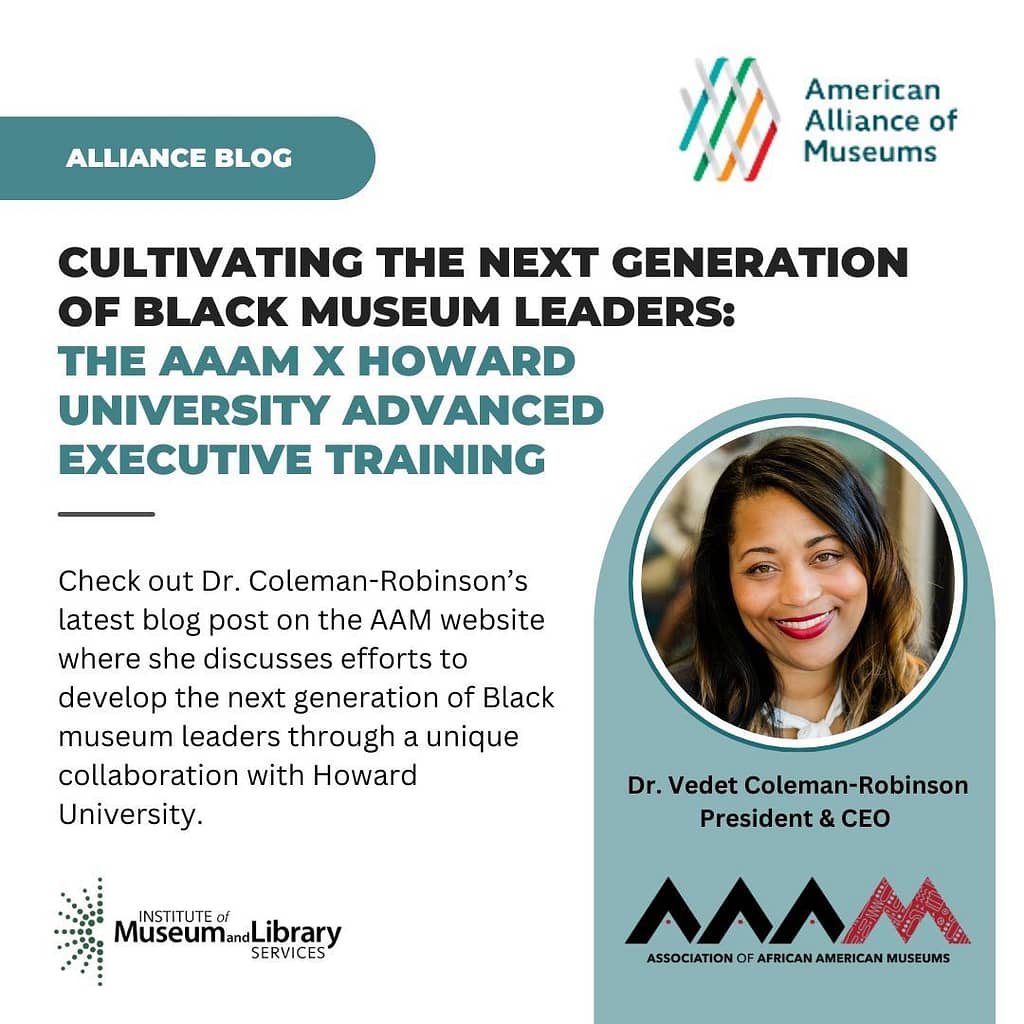
The Forethought
Herein lie buried many things which if read with patience may show the strange meaning of being black here at the dawning of the Twentieth Century. This meaning is not without interest to you, Gentle Reader; for the problem of the Twentieth Century is the problem of the color line. I pray you, then, receive my little book in all charity, studying my words with me, forgiving mistake and foible for sake of the faith and passion that is in me, and seeking the grain of truth hidden there.
I have sought here to sketch, in vague, uncertain outline, the spiritual world in which ten thousand thousand Americans live and strive.
First, in two chapters I have tried to show what Emancipation meant to them, and what was its aftermath. In a third chapter I have pointed out the slow rise of personal leadership, and criticized candidly the leader who bears the chief burden of his race to-day. Then, in two other chapters I have sketched in swift outline the two worlds within and without the Veil, and thus have come to the central problem of training men for life.
These two arguments were unanswered, and indeed unanswerable: the one that the extraordinary powers of the Bureau threatened the civil rights of all citizens; and the other that the government must have power to do what manifestly must be done, and that present abandonment of the freedmen meant their practical reenslavement. The bill which finally passed enlarged and made permanent the Freedmen’s Bureau. It was promptly vetoed by President Johnson as “unconstitutional,” “unnecessary,” and “extrajudicial,” and failed of passage over the veto. Meantime, however, the breach between Congress and the President began to broaden, and a modified form of the lost bill was finally passed over the President’s second veto, July 16.
The act of 1866 gave the Freedmen’s Bureau its final form,—the form by which it will be known to posterity and judged of men. It extended the existence of the Bureau to July, 1868; it authorized additional assistant commissioners, the retention of army officers mustered out of regular service, the sale of certain forfeited lands to freedmen on nominal terms, the sale of Confederate public property for Negro schools, and a wider field of judicial interpretation and cognizance.
‘Venturing now into deeper detail, I have in two chapters studied the struggles of the massed millions of the black peasantry, and in another have sought to make clear the present relations of the sons of master and man. Leaving, then, the white world, I have stepped within the Veil, raising it that you may view faintly its deeper recesses,—the meaning of its religion, the passion of its human sorrow, and the struggle of its greater souls. All this I have ended with a tale twice told but seldom written, and a chapter of song.
Some of these thoughts of mine have seen the light before in other guise. For kindly consenting to their republication here, in altered and extended form, I must thank the publishers of the Atlantic Monthly, The World’s Work, the Dial, The New World, and the Annals of the American Academy of Political and Social Science.
Before each chapter, as now printed, stands a bar of the Sorrow Songs,—some echo of haunting melody from the only American music which welled up from black souls in the dark past. And, finally, need I add that I who speak here am bone of the bone and flesh of the flesh of them that live within the Veil?
W.E.B Du B.
Atlanta, Ga., Feb. 1, 1903.




